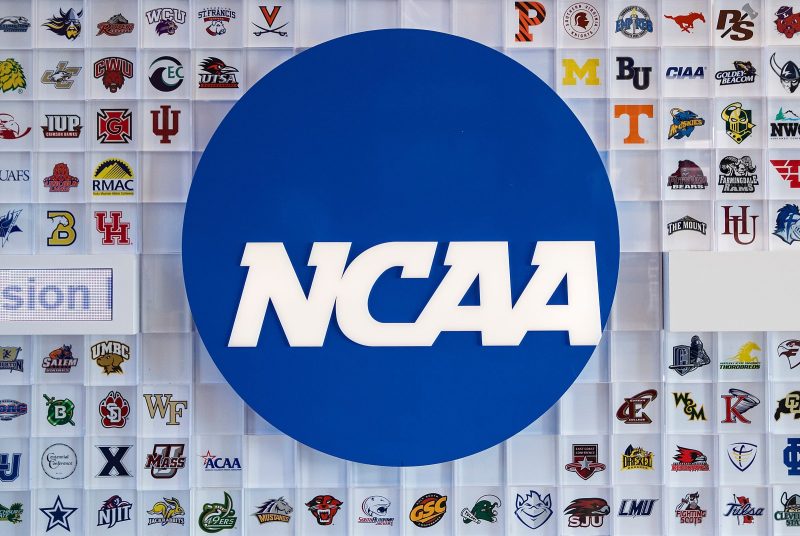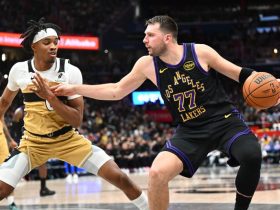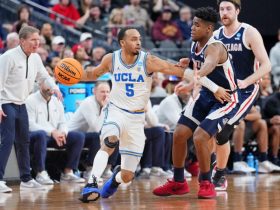On Oct. 22, the NCAA approved a rule change that would allow college athletes and athletic department staffers to bet on professional sports.
Not a full week later, college sports’ governing body is tapping the brakes on the move.
The NCAA announced on Tuesday, Oct. 28 that it is pushing back the start date of the new betting policy until Nov. 22, which will come one day after the end of a membership rescission period. The change was originally set to take effect on Nov. 1.
The delayed start comes hours after it was revealed that SEC commissioner Greg Sankey had sent a letter to NCAA president Charlie Baker on Oct. 25 asking the NCAA Division I Board of Directors to rescind the pending rule change and “reaffirm the Association’s commitment to maintaining strong national standards that keep collegiate participants separated from sports wagering activity at every level.”
‘If there are legal or practical concerns about the prior policy, those should be addressed through careful refinement — not through wholesale removal of the guardrails that have long supported the integrity of games and the well-being of those who participate,” Sankey wrote in the letter, a copy of which was obtained by ESPN.
Sankey added that SEC chancellors and presidents were unanimous during an Oct. 13 meeting that such a change to the NCAA’s betting policy would represent “a major step in the wrong direction.’
Fears over gambling’s potentially corrupting influence in sports have intensified over the past week.
On Oct. 23, one day after the NCAA’s initial ruling, Miami Heat guard Terry Rozier was arrested after allegedly participating in an illegal sports betting scheme in which bettors used non-public information to wager on games, with players intentionally removing themselves from three of the seven games in question in order to help the gamblers’ bets.
College sports — where most athletes don’t make anything close to what their professional counterparts do, if they even make anything at all — haven’t been immune from worries about players shaving points or affecting their performance to help bettors. The NCAA is currently investigating 13 athletes from six schools over potential gambling-related violations and in September, it was announced that a Fresno State men’s basketball player had conspired with two other players to place bets on his statistics.








